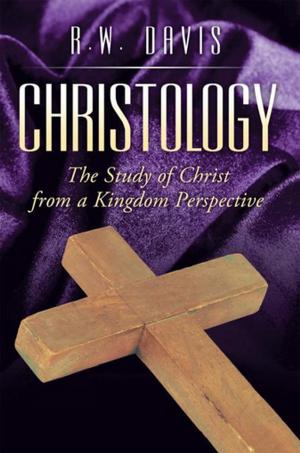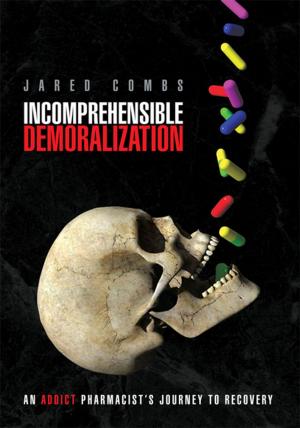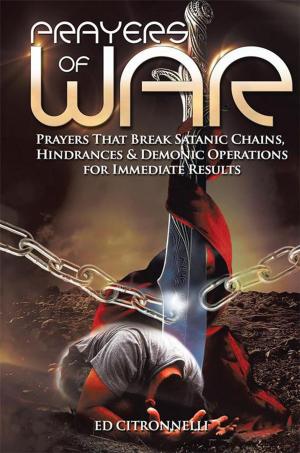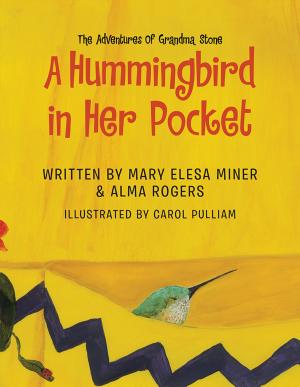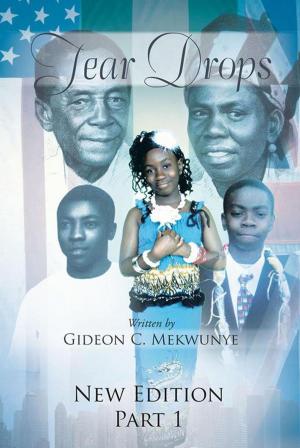| Author: | John W. Griffin | ISBN: | 9781469108063 |
| Publisher: | Xlibris US | Publication: | April 11, 2002 |
| Imprint: | Xlibris US | Language: | English |
| Author: | John W. Griffin |
| ISBN: | 9781469108063 |
| Publisher: | Xlibris US |
| Publication: | April 11, 2002 |
| Imprint: | Xlibris US |
| Language: | English |
A Letter to My Father is an extraordinary autobiography of a young black man growing up in a loving and supportive close-knit family, who finds himself struggling through what he sees as the minefields established by the racial and oppressive nature of White America.
As the title denotes, A Letter To My Father is a revealing conversation of a son to his father. However, the father is deceased and the letter conveys to him what happened to their family after his death. The author shares his personal memories, as well as those conveyed to him by his mother, brother, and extended family. He writes his father about a loving and caring mother and her struggle to raise their two sons alone; and about a big brother who protects him and tries to become the father they both were without.
The book in its unique format, tells of a young mans experiences while growing up in the streets of Philadelphia, PA, surrounded by racial images and trying to find his place in a struggle for political and economic equality against the odds of being black, poor and uneducated in the 1960's. When his search leads him to the black nationalist ideology of the Nation of Islam, he becomes involved in both community activism and crime. Soon this results in his being arrested, charged, and convicted for one of the most heinous crimes ever committed. The case became known as the Washington, D.C. Hanafi Muslim Murders, and although he would eventually be acquitted, he still found himself trapped in, and swallowed up by a repressive, and counterproductive prison system.
As the result of governmental manipulations, he is convicted in the jail-house murder of a government informant, and left to deal with the harsh and brutal realities of prison life. While desperately trying to maintain a positive relationship with his wife and children, he educates himself, helps to establish literacy programs for other prisoners, becomes a teacher, and involves himself in the fight for prison reform.
In writing A Letter To My Father, the author acknowledges personal responsibility for how his life turns out. He also reveals societys role in arresting the economic, social, and political development of black people in America. Through the eyes of a young black fatherless male, he expresses the frustrations he felt as a member of an outcast minority, who after realizing historys lie, sets out to deal with it in a world full of confused and misguided concepts.
The book ends with the deaths of his beloved mother and brother. After being incarcerated for over 26 years, and always having their love and support, he has to deal with and accept the loss of both of them in a six-week span. While he reaffirms his fight for freedom, he realizes that not only has his mother and brother taught him how to stand firm and face the harsh realities of life, but also how to stand firm and face the inevitable reality of death.
A Letter to My Father is an extraordinary autobiography of a young black man growing up in a loving and supportive close-knit family, who finds himself struggling through what he sees as the minefields established by the racial and oppressive nature of White America.
As the title denotes, A Letter To My Father is a revealing conversation of a son to his father. However, the father is deceased and the letter conveys to him what happened to their family after his death. The author shares his personal memories, as well as those conveyed to him by his mother, brother, and extended family. He writes his father about a loving and caring mother and her struggle to raise their two sons alone; and about a big brother who protects him and tries to become the father they both were without.
The book in its unique format, tells of a young mans experiences while growing up in the streets of Philadelphia, PA, surrounded by racial images and trying to find his place in a struggle for political and economic equality against the odds of being black, poor and uneducated in the 1960's. When his search leads him to the black nationalist ideology of the Nation of Islam, he becomes involved in both community activism and crime. Soon this results in his being arrested, charged, and convicted for one of the most heinous crimes ever committed. The case became known as the Washington, D.C. Hanafi Muslim Murders, and although he would eventually be acquitted, he still found himself trapped in, and swallowed up by a repressive, and counterproductive prison system.
As the result of governmental manipulations, he is convicted in the jail-house murder of a government informant, and left to deal with the harsh and brutal realities of prison life. While desperately trying to maintain a positive relationship with his wife and children, he educates himself, helps to establish literacy programs for other prisoners, becomes a teacher, and involves himself in the fight for prison reform.
In writing A Letter To My Father, the author acknowledges personal responsibility for how his life turns out. He also reveals societys role in arresting the economic, social, and political development of black people in America. Through the eyes of a young black fatherless male, he expresses the frustrations he felt as a member of an outcast minority, who after realizing historys lie, sets out to deal with it in a world full of confused and misguided concepts.
The book ends with the deaths of his beloved mother and brother. After being incarcerated for over 26 years, and always having their love and support, he has to deal with and accept the loss of both of them in a six-week span. While he reaffirms his fight for freedom, he realizes that not only has his mother and brother taught him how to stand firm and face the harsh realities of life, but also how to stand firm and face the inevitable reality of death.





